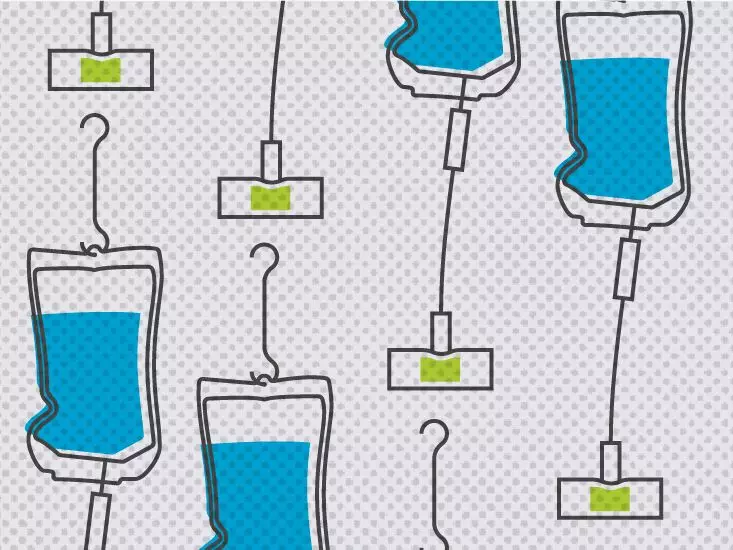Opdivo, a medication primarily utilized in the treatment of various cancers, has garnered attention for its role in immunotherapy. As with any medication, understanding its interactions with other substances—be they pharmaceuticals, dietary supplements, or even lifestyle choices—is vital for ensuring patient safety and treatment efficacy. This article delves into the current knowledge surrounding Opdivo interactions, offering insights for patients and healthcare providers, as well as emphasizing the importance of open communication in medical treatment.
While current reports indicate that Opdivo does not exhibit any known interactions with other medications, this status is not permanently guaranteed. The field of medicine is dynamic, and new drugs may be developed that could potentially interact with Opdivo. Thus, it is crucial for patients to maintain transparency about their complete medication regimen. This includes all prescription and over-the-counter medications, as well as any vitamins, herbs, or supplements being taken.
By sharing this information with healthcare professionals, patients can proactively safeguard against possible future interactions. It also ensures that healthcare providers can make informed decisions tailored specifically to the patient’s unique medical history and lifestyle, minimizing the risk of adverse effects.
Alcohol Consumption and Its Impact During Treatment
As of now, there are no known interactions between Opdivo and alcohol. However, healthcare professionals often advise patients to limit or abstain from alcohol during treatment. The rationale behind this recommendation stems from the possibility that alcohol may exacerbate certain side effects associated with Opdivo administration.
A notable concern is liver health; both alcohol consumption and Opdivo can lead to liver damage. Therefore, indulging in alcohol while undergoing treatment may significantly heighten the risk of hepatic complications. If patients have any doubts or questions regarding alcohol consumption during their treatment with Opdivo, they should consult their healthcare provider for personalized advice.
Avoiding Uncharted Territory with Herbal Supplements
At present, there is a lack of specific documentation regarding the interaction of Opdivo with herbal supplements. Nevertheless, this absence of evidence does not imply that no interactions exist or that they will not emerge in the future. It is prudent for patients to exercise caution and discuss their intentions to use herbal products with their healthcare provider.
Consulting a doctor or pharmacist before consuming any herbal supplements during Opdivo treatment can help mitigate unforeseen complications. The complexity of herbal products and their varied constituents can influence how Opdivo functions within the body, underscoring the importance of expert consultation.
Similarly, there haven’t been any reported food interactions with Opdivo. However, this fact should not lead to complacency. Dietary choices can play a significant role in treatment outcomes, and patients are encouraged to consult their healthcare provider about any specific dietary preferences or restrictions.
Certain foods may inadvertently impact the metabolism of the drug, and so establishing a dialogue about nutrition can lead to a more comprehensive and cohesive treatment plan.
In the realm of pharmaceuticals, communication is paramount. Opdivo patients should inquire about any necessary vaccinations or whether the drug may impact lab tests. Engaging in discussions with healthcare providers helps ensure that all bases are covered, thereby enhancing treatment safety.
Creating an organized medication list is a practical step for patients. By documenting all medications, including OTC drugs, vitamins, and supplements, patients empower their healthcare providers to tailor strategies to avert negative interactions.
Moreover, patients should familiarize themselves with instructional materials provided with Opdivo, which may include informational leaflets or labeling with color-coded warnings regarding interactions. If these documents are missing or confusing, it is imperative to seek clarification from a healthcare professional.
When it comes to cannabis and its derivatives, such as cannabidiol (CBD), there are currently no reports indicating interactions with Opdivo. However, it is essential to approach the use of cannabis with caution. Patients should engage in discussions with their healthcare providers to ensure that cannabis does not interfere with their treatment adherence or overall health.
Given the legal complexities surrounding cannabis at the federal and state levels, the implications of its use should be carefully considered within a broader medical context.
The landscape of drug interactions is ever-evolving, making vigilance and open communication crucial in the context of Opdivo treatment. Patients should take responsibility for their health by discussing their complete health profile and any substance use with their healthcare providers. Proactive measures can significantly enhance treatment safety, ultimately leading to better health outcomes.

